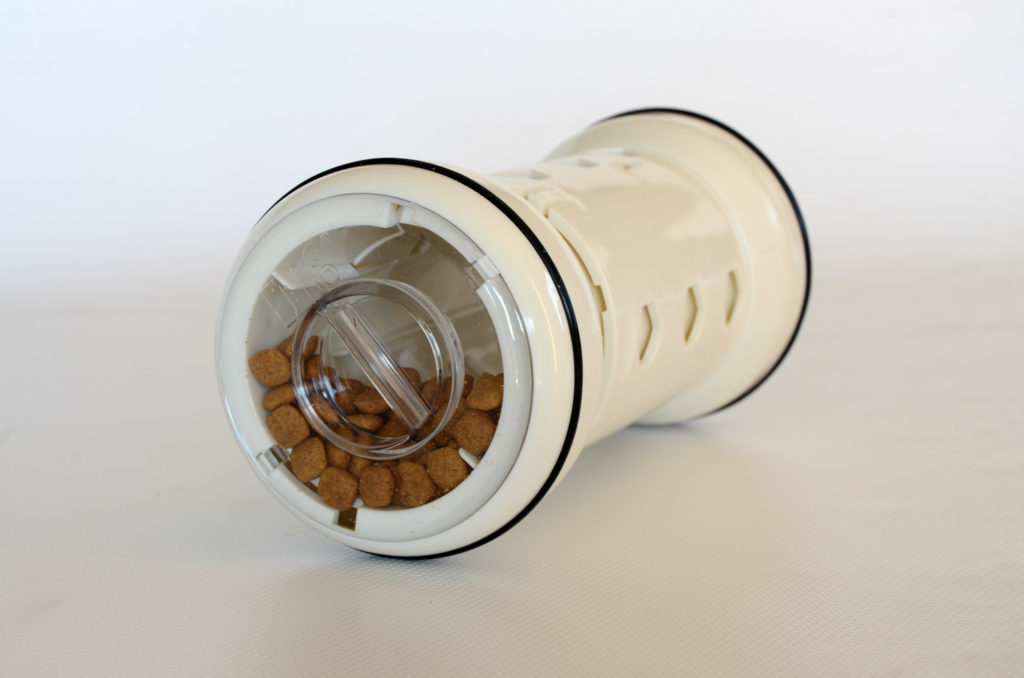s bicolor
Sorghum bicolor, commonly called sorghum () and also known as great millet, broomcorn, guinea corn, durra, imphee, jowar, or milo, is a grass species cultivated for its grain, which is used for food for humans, animal feed, and ethanol production. Sorghum originated in Africa, and is now cultivated widely in tropical and subtropical regions. Sorghum is the world's fifth-most important cereal crop after rice, wheat, maize, and barley, with 61,000,000 metric tons (60,000,000 long tons; 67,000,000 short tons) of annual global production in 2021. S. bicolor is typically an annual, but some cultivars are perennial. It grows in clumps that may reach over 4 metres (13 ft) high. The grain is small, ranging from 2 to 4 millimetres (0.079 to 0.157 in) in diameter. Sweet sorghums are sorghum cultivars that are primarily grown for forage, syrup production, and ethanol; they are taller than those grown for grain.





